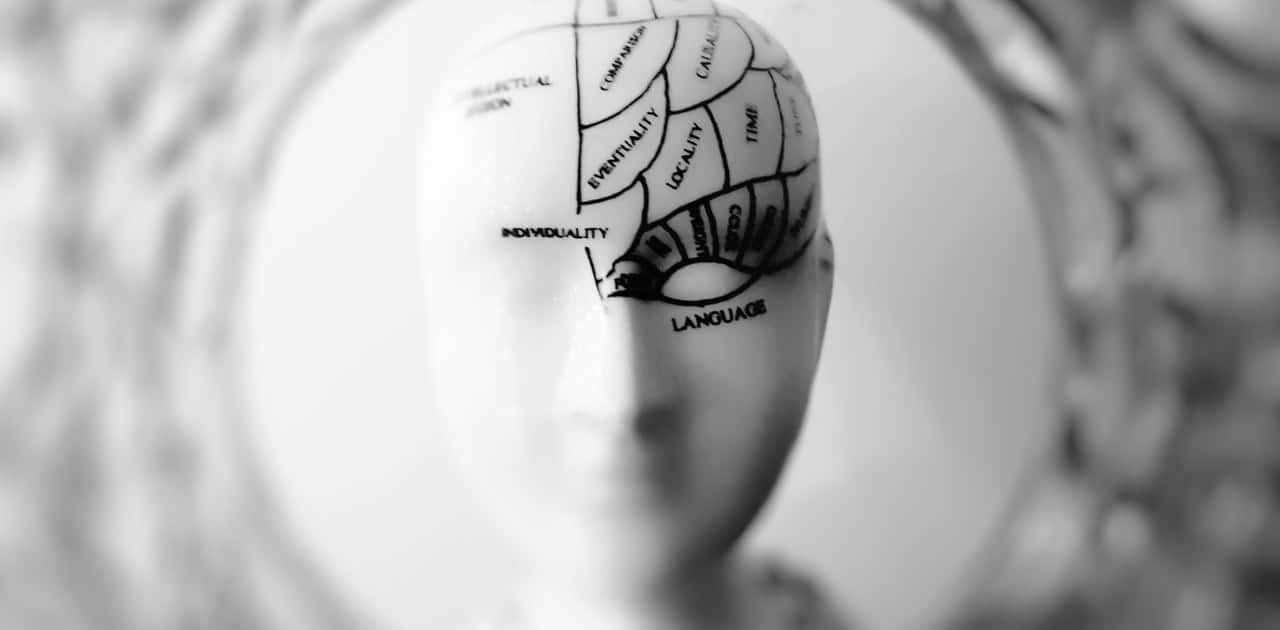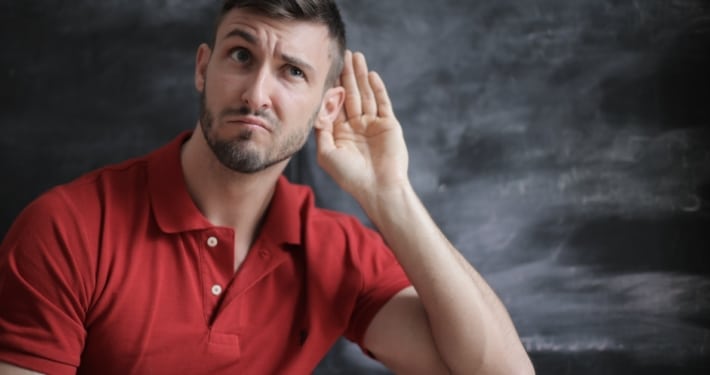Trauma and anxiety explained by the Triune Brain
May 3, 2017
We all experience trauma to some degree or another in our lives. But, why do some people experience profound effects on their emotional, physical and spiritual wellbeing? This can lead to symptoms of anxiety, depression, anger, addiction and chronic pain. To recover from trauma, we need to understand the triune brain.
The triune brain is made up of three areas. The reptilian brain controls self-protective responses. The limbic system controls memory and emotion. And, the prefrontal cortex controls thoughts.
In the face of trauma, the reptilian brain needs to release energy to carry out its physiological survival responsibilities. This cycle can become interrupted when the limbic system holds a memory or emotion related to or the prefrontal cortex generalizes thoughts associated to the experience. Those can sometimes mask the threat, whether there is a real one or not. When this happens the reptilian brain in a way, becomes confused and cannot respond appropriately. That’s when we hang on to that trauma.
This is part two of a series on our brain puppet. I was telling you in the first part, that I created a brain puppet to help adults learn about their three-part brain. Here’s the first part. I don’t know if you remember but it’s the reptilian brain built-in safety.
It’s the one. The hardwired mechanism. Very simple, simple system that is built in this hardwired piece that under threat there’s fight, flight, freeze for this piece of the brain to do. It will do it as long as it’s instinctual and isn’t covered up by anything, or didn’t learn anything that was new, which the limbic systems can oftentimes do.
The limbic system is the one that holds the memory. Here’s the amygdala. It holds the memory for emotion. Sometimes emotion can be held in this memory so that when the feeling comes, there is still the threat or the feel that, “OK. We need to be under safety or on guard.” Some anxiety might come up.
The last time anxiety came up there was a fear over life, a justifiable threat of life. That’s when this mechanism is going to be perhaps not instinctual anymore, but covered up by emotion. A lot of times then when anxiety comes up for humans, the limbic system has literally masked the instinctual piece for the reptilian brain to actually see if there’s a justifiable threat.
Now we’ve got another mask also, is that prefrontal cortex, the third piece. It can come over here and create thoughts, wonderful thoughts, but also thoughts maybe that we’re not in threat and we put ourselves in harm’s way, or that we are under threat.
Everything that the prefrontal cortex sees can be generalized so much, that life is so threatening that we can feel sometimes as if the person is going to die or under threat. This happens a lot of times when people are traumatized. They’re traumatized in a way where there’s actually maybe an actual event that says, “I’m under threat.”
An event that causes fear, but a person is immobilized. What happens then is this logical brain and the limbic system creates this memory, and generalizes or fogs over the instinctual piece, and then when a four-legged creature comes around it’s so generalized that even this feels threatening.
This explains some of the pieces that happen in trauma for humans. No one really gets out of our life without feeling some trauma. Sometimes there’s big traumas, and the self-protective responses that are happening for and by the reptilian brain don’t get to be completed in the physiological piece or in the body piece.
This continues over and over for the past event till they come present. We want to work with our body system, to complete self-protective responses that didn’t get completed. That trauma can be released, or the blocked energies of trauma can be released, and someone can stay present on purpose.
I’m going to continue to give many lessons about the triune brain, and how our bodies respond and our brains respond to trauma, the neurophysiological feedback that happens for us as humans. We can help you become aware of maybe perhaps some things that you go through, and some of the things that you can help to create safety for yourself.
Please stay tuned. I’ll teach you some of those techniques for the next brain puppet lesson. Bye-bye. Thank you.

We all experience trauma to some degree or another in our lives. But, why do some people experience profound effects on their emotional, physical and spiritual wellbeing? To recover from trauma, we need to understand the triune brain.








